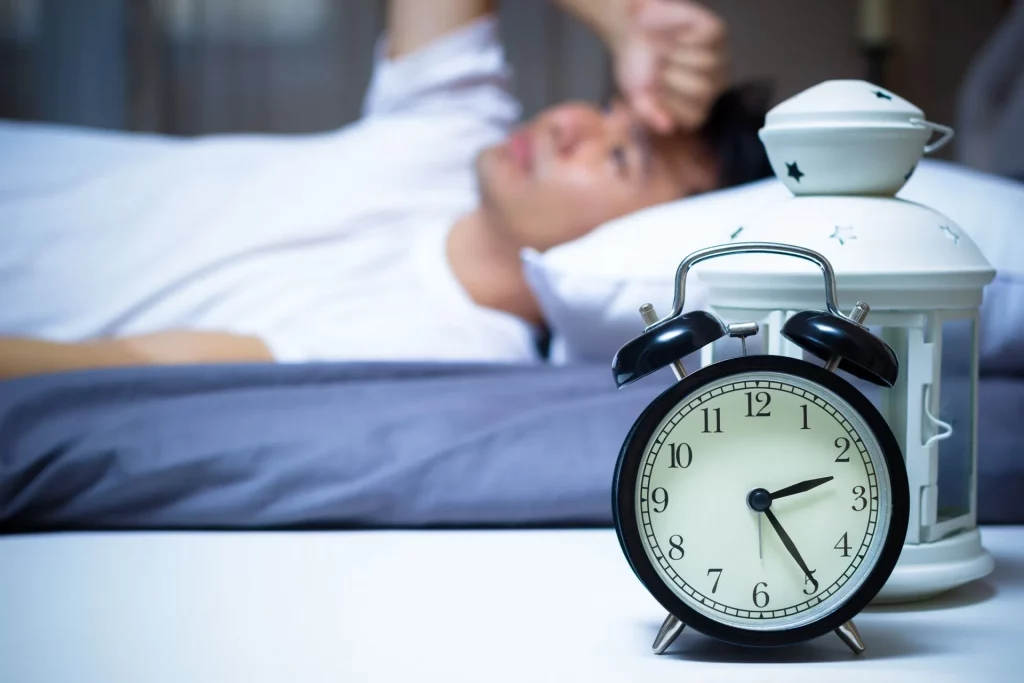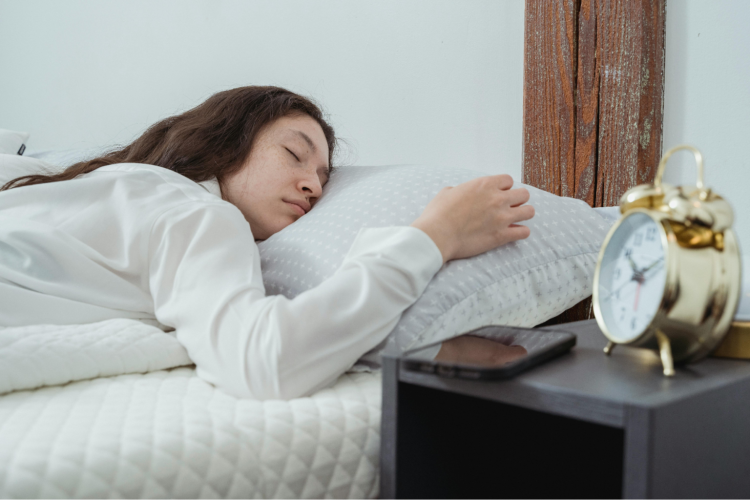Bruxism—commonly known as teeth grinding—is one of the most widespread yet underestimated oral health issues. Many people don’t even realize they have it until the symptoms become severe, often because grinding happens during sleep or under stress. Over time, bruxism can weaken teeth, strain the jaw, trigger headaches, and disrupt sleep quality. Understanding why it occurs and how to manage it is essential for protecting long-term oral and overall health.
This article explains the causes behind teeth grinding, its connection to sleep disorders and emotional stress, the role of dental guards, and the long-term effects if left untreated.
What Exactly Is Bruxism?
Bruxism refers to involuntary grinding, clenching, or gnashing of the teeth. It occurs in two main forms:
- Sleep bruxism: Grinding during sleep, often accompanied by jaw movements or sleep disturbances.
- Awake bruxism: Clenching during the day, usually linked to stress, concentration, or anxiety.
Both types can produce substantial pressure—sometimes more than 250 pounds of force—which explains how quickly bruxism can damage teeth and overstress the jaw muscles.
What Causes Teeth Grinding?
Bruxism rarely has a single cause. It often results from a complex mix of physical, psychological, and lifestyle factors. Understanding these triggers helps tailor the right treatment plan.
1. Stress and Anxiety
One of the leading causes of bruxism—especially awake bruxism—is emotional tension.
People may grind their teeth when feeling:
- Stressed at work
- Angry or frustrated
- Focused intensely
- Nervous or overwhelmed
Stress triggers muscle tension throughout the body, including the jaw. During sleep, the brain may release bursts of activity in response to daily stress, leading to grinding episodes.
2. Sleep Disorders
Sleep bruxism is strongly connected to disrupted sleep patterns and certain sleep disorders, such as:
- Obstructive sleep apnea (OSA)
- Snoring
- Restless sleep
- Periodic limb movement disorder
- REM behavior disorder
When breathing or sleep rhythms are interrupted, the jaw may tighten or clench reflexively. Studies show that treating underlying sleep disorders often significantly reduces nighttime grinding.
3. Bite Misalignment and Dental Issues
Although not always the main cause, dental factors can contribute, including:
- Misaligned teeth
- Abnormal bite patterns
- Missing or crooked teeth
The jaw may attempt to “correct” positioning unconsciously, leading to grinding or clenching.
4. Lifestyle Factors
Certain habits or substances increase the likelihood of bruxism, such as:
- Excessive caffeine
- Alcohol consumption
- Smoking
- Recreational drugs
- Highly competitive or high-pressure environments
Stimulants, especially caffeine and nicotine, heighten muscle activity and can trigger nighttime grinding.
5. Medications and Neurological Conditions
Some medications—particularly certain antidepressants—have been linked to bruxism. Neurological conditions like Parkinson’s disease or ADHD may also increase the risk.
What Are the Symptoms of Bruxism?
Because bruxism often happens unconsciously, symptoms usually reveal the problem before the person notices grinding.
Common signs include:
- Worn-down or flattened teeth
- Enamel chips or fractures
- Increased tooth sensitivity
- Jaw pain or stiffness
- Headaches (especially morning headaches)
- Earaches without ear infection
- Tight or enlarged jaw muscles
- Facial pain or temple soreness
- Sleep disruptions or waking with jaw tension
In severe cases, bruxism can even change face shape due to overdeveloped jaw muscles.
What Are the Long-Term Effects If Bruxism Is Not Treated?
Ignoring teeth grinding can lead to serious and sometimes irreversible dental problems.
1. Tooth Damage
Constant grinding wears away enamel, leading to:
- Cracks and fractures
- Shortened or uneven teeth
- Tooth sensitivity
- Increased risk of decay
Once enamel is gone, it cannot regenerate naturally.
2. TMJ (Temporomandibular Joint) Disorders
Bruxism places intense pressure on the jaw joint, potentially causing:
- Jaw clicking or popping
- Difficulty opening or closing the mouth
- Chronic pain
- Lockjaw episodes
TMJ disorders can significantly impact daily life and often require complex treatment.
3. Gum Recession
Grinding can accelerate gum wear and worsen periodontal issues as teeth shift or become loose.
4. Sleep Disturbances
Nighttime bruxism affects sleep quality and may disturb partners. Poor sleep contributes to fatigue, mood changes, and reduced productivity.
5. Aesthetic Changes
Severely worn teeth or enlarged jaw muscles can alter facial appearance, making the lower face look wider or more tense.
How Is Bruxism Diagnosed?
A dentist is often the first to detect grinding based on:
- Tooth wear patterns
- Jaw muscle tension
- Bite alignment issues
- reports of sleep disturbances
In cases linked to sleep disorders, a sleep study may be recommended to determine the severity and underlying cause.
What Treatment Options Are Available for Bruxism?
Bruxism treatment depends on its cause, severity, and symptoms. A combined approach often works best.
1. Night Guards and Dental Splints
One of the most common and effective treatments is a custom-made dental guard.
Benefits include:
- Protecting teeth from wear
- Reducing muscle strain
- Preventing fractures
- Helping reposition the jaw
Over-the-counter guards exist, but custom guards fit better and provide stronger protection.

2. Stress Management and Relaxation Techniques
Reducing stress can significantly decrease grinding frequency.
Helpful approaches include:
- Mindfulness
- Meditation
- Deep breathing exercises
- Yoga
- Cognitive behavioral therapy (CBT)
- Massage therapy
Before bed, jaw-relaxation routines—such as warm compresses—can also help.
3. Treating Underlying Sleep Disorders
If sleep apnea or another disorder is the cause, targeted treatments may include:
- CPAP therapy
- Sleep position training
- Snoring reduction methods
- Weight management
- Airway evaluation
Once the root problem is treated, grinding often decreases.
4. Dental Corrections
If misaligned teeth or bite issues contribute, solutions may involve:
- Orthodontics
- Occlusal adjustments
- Restorative treatments
This is typically used for structural causes rather than stress-related bruxism.
5. Medications (In Limited Cases)
Medication is not usually the first choice but may help when other approaches fail. Options may include:
- Muscle relaxants before sleep
- Anxiety management medications
- Temporary use of sleep aids
Botox injections may also reduce jaw muscle activity in severe cases.
6. Lifestyle Adjustments
Small daily changes can make a big difference:
- Reduce caffeine and alcohol
- Avoid chewing ice or hard objects
- Limit gum chewing
- Maintain a consistent sleep schedule
- Practice jaw relaxation techniques
These habits decrease muscle tension and grinding frequency.
Can Children Have Bruxism?
Yes, bruxism is common in children, especially during tooth growth phases. Most cases improve naturally as the jaw develops, but persistent grinding may require evaluation.
When Should You See a Dentist?
You should seek evaluation if you notice:
- Persistent jaw pain
- Tooth sensitivity or fractures
- Headaches upon waking
- Feedback from a partner about grinding sounds
- Uneven or worn teeth
Early diagnosis prevents serious long-term damage.
Conclusion
Bruxism may seem like a harmless habit, but it can lead to serious consequences if ignored. Understanding its causes—from stress and sleep disorders to lifestyle factors—helps guide effective treatment. With the right combination of dental protection, relaxation techniques, sleep improvements, and lifestyle changes, most people can significantly reduce grinding and protect their oral health.
Whether you experience daily clenching or nighttime grinding, taking action now can preserve your teeth, relieve pain, and improve overall quality of life.













































Discussion about this post